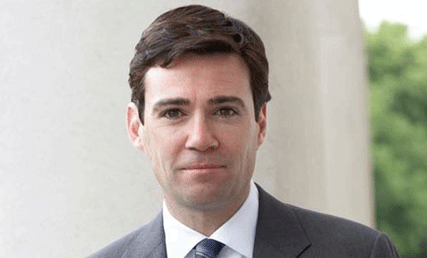
Speaking last night at a Voice of the Listener and Viewer event in central London, Burnham said he would not rule out top-slicing the licence fee to boost Channel 4's future funding. The broadcaster estimates that it will face a £150m annual funding shortfall once it loses the subsidy of terrestrial TV spectrum, when the analogue TV signal is switched off by 2012.
However, he said he would only opt for that solution as a last resort, adding: "There is real potential in examining several partnership options between existing PSB broadcasters in the mid-term to help sustain what we want to see sustained for the future."
When pressed for more detail on what he meant by "partnerships" Burnham admitted he was referring to the BBC.
"I quite clearly have the BBC in mind," he said. "It has developed assets and infrastructure over time that can put value into the rest of the broadcasting system. Lots of this stuff is being worked on at the moment. It's not a new thought that the BBC can operate more as a backbone of the system and help other elements."
Meanwhile, on the subject of digital radio, Burnham said he backed the recent decision by the Digital Radio Working Group - convened by Burnham to outline the future of digital radio - not to commit to a date for analogue switch off.
He said: "I asked Barry Cox [chair of DRWG] about this and he advised [around the time the DRWG's interim report was published - June 2008] me it wasn't right to do so as too much wasn't known and too many questions hadn't been answered, all of which needed more time to unfold. He has been proved right by recent events."
However, Burnham said he recognised the need for a road map to outline the future of digital radio in the UK. In recent weeks, the planned second digital radio multiplex has collapsed.



_1.jpg)
.jpg)
